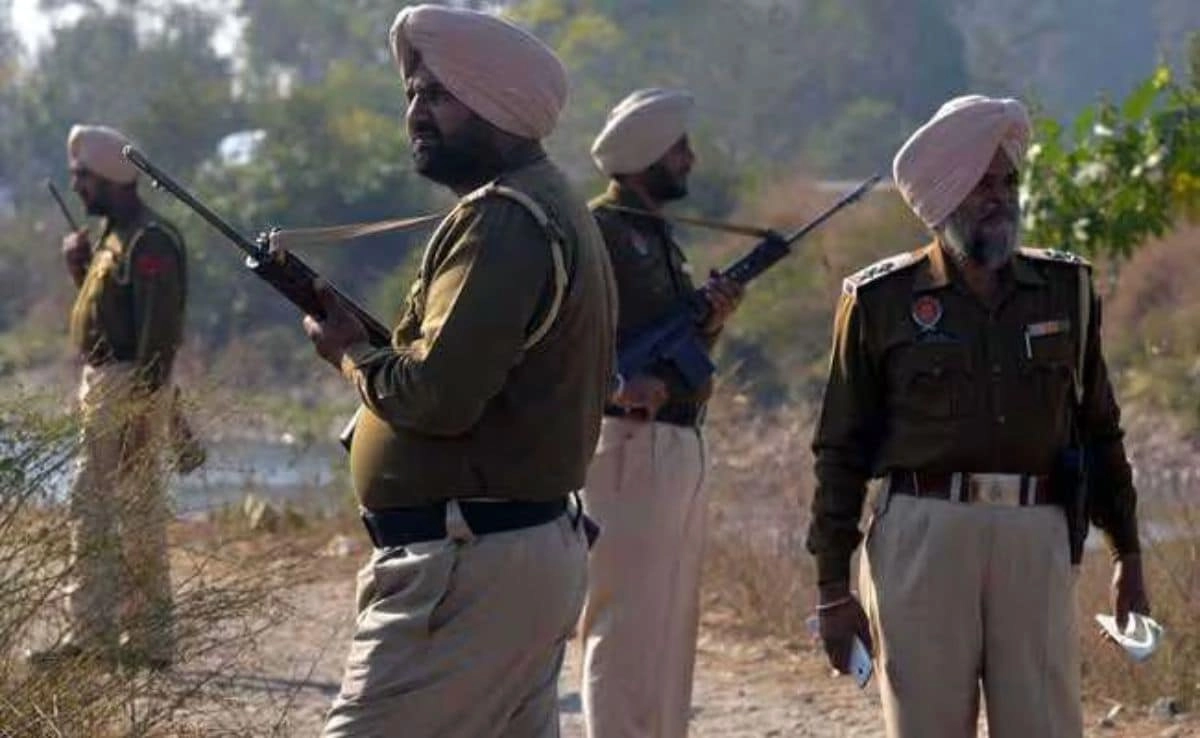In a shocking turn of events that has garnered attention and concern, a man from Uttar Pradesh recently made the heart-wrenching decision to marry off his wife to her lover. This drastic action stemmed from his fear of becoming another victim in a series of domestic homicides where husbands have been killed by their wives. This unsettling trend, though not widespread, has raised alarms about the complexities of marital relationships and the extreme measures individuals may resort to when facing perceived threats.
The emotional turmoil that led to this decision is indicative of deeper issues within the marriage and societal pressures. The man, feeling insecure and fearing for his life, believed that facilitating his wife’s union with her lover would somehow safeguard him from potential harm. This reflects a profound sense of helplessness and vulnerability that some individuals may feel in relationships where trust has eroded. The situation raises important questions about the dynamics of love, loyalty, and betrayal in marriages, particularly when external influences complicate personal relationships.
This incident shines a light on the broader issues of domestic violence and the psychological impacts of infidelity. While it is crucial to recognize that most marriages endure challenges without resorting to violence, the fear that has driven this man to such an extreme decision is a stark reminder of the potential dangers lurking within troubled relationships. It is essential for communities to foster open dialogues about mental health, relationship counseling, and conflict resolution to prevent situations like this from escalating. The tragic narrative of husbands fearing for their lives at the hands of their wives necessitates a more in-depth understanding of the psychological and societal factors at play.
Ultimately, this case serves as a catalyst for discussions about the responsibilities of both partners in a marriage and the importance of addressing grievances before they lead to irreversible actions. The need for support systems that promote healthy communication and conflict resolution is more pressing than ever. It is vital to create environments where individuals feel safe to express their fears and vulnerabilities without resorting to drastic measures. Only through understanding and addressing these complex dynamics can society hope to prevent such tragic outcomes in the future.




